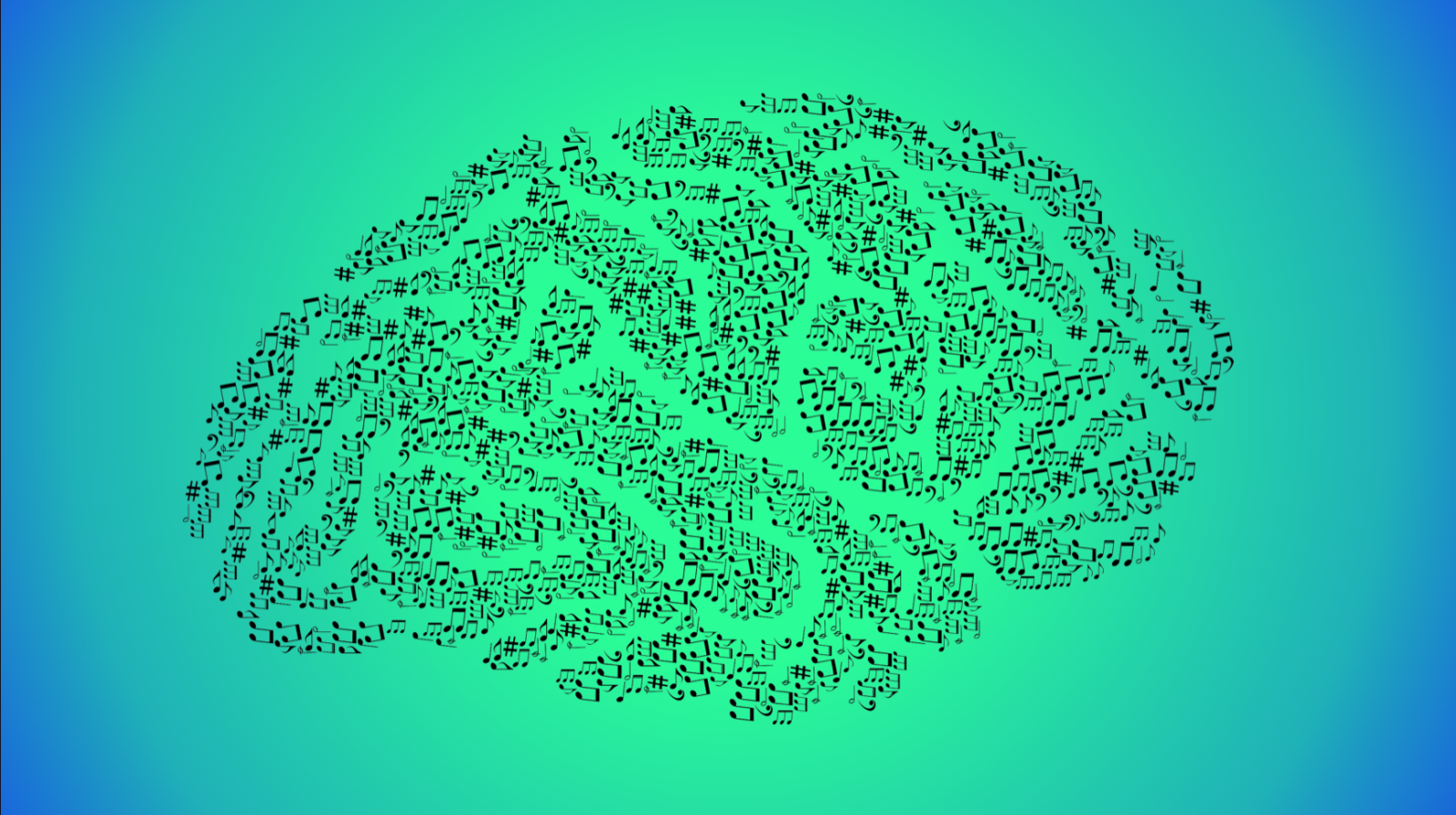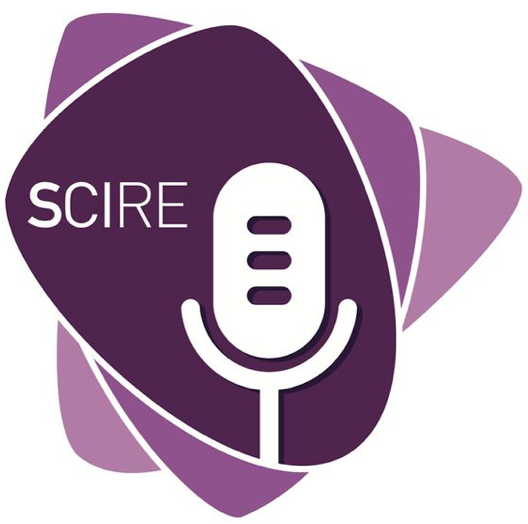
Come si possono connettere musica e scienza? Ne abbiamo parlato con Piergiorgio Odifreddi, che ha insegnato logica presso l'Università di Torino, è stato visiting professor presso la Cornell University, noto anche per la sua densa attività di comunicazione e divulgazione, compreso il rapporto tra arti e scienze. E con Alice Mado Proverbio, neuroscienziata, che insegna al dipartimento di psicologia dell’Università Milano-Bicocca, si occupa tra le altre cose di neuroscienze cognitive, neuroscienze della musica, neuroestetica.
Interviste, sigla e montaggio: Jacopo Mengarelli.






